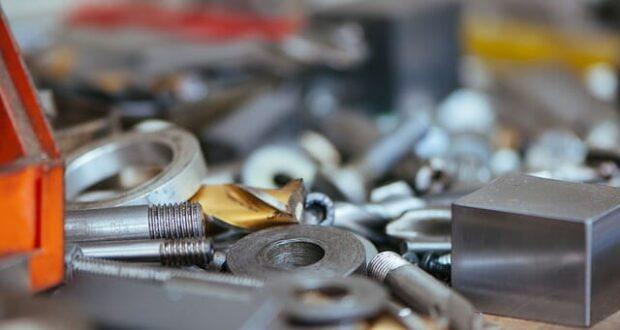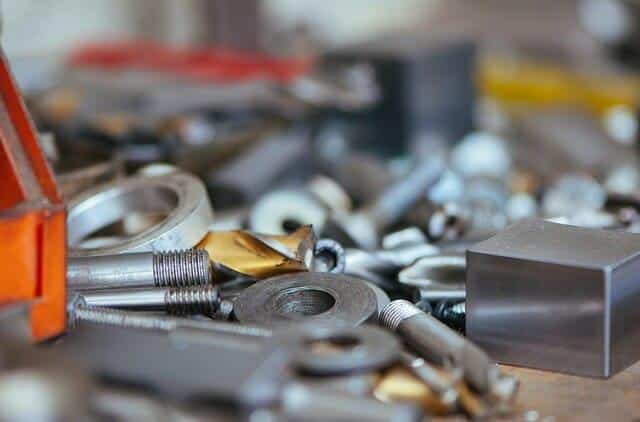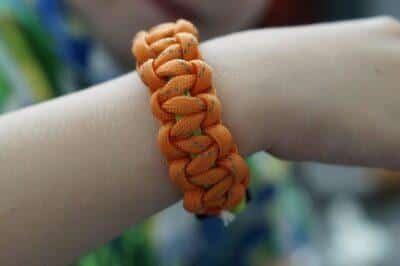|
Listen To The Article |
Once someone starts upon the road of preparedness, it seems never to end. The idea of actually having enough to get through any crisis may be something we all aspire to, but it’s an elusive goal.
There’s really no way of knowing what will be enough, without knowing what sort of disaster we are ultimately going to face. But even if we knew, the number of variables that could affect our survival are mind boggling.
That’s why most serious survivalists work to develop plans that are both flexible and cover as wide a range of possible disasters as possible.
Yet even with that goal, we often miss key things, which could ultimately affect our ability to survive. Often, those key things are rather small, making them easily overlooked.
One of the solutions we commonly use to avoid missing those important things is redundancy. By having more than one thing which can do a critical job, we ensure that we will always have something that we can use. But what if something happens to that critical piece of survival gear? What will we do then?
For example, consider the subject of camping. You go out to get a few days of peace and quiet, and then something goes wrong. A seam in your tent tears; your favorite fire-starter breaks; the fuel leaks out of your camp stove; the drain plug for your boat is missing or it turns out that your water filter got crushed since the last time you used it. Every camping trip seems to have its woes, most often associated with some critical piece of camping equipment.
Goofy Gadget Can Recharge Your Laptop — And Jump-Start Your Car!
What makes any of us think that things will be any better in a survival situation, than they are on the typical camping trip? If anything, we’ll probably do worse, as we’ll need the equipment even more and be using it even harder. Oh, and, there won’t be anywhere to go buy a replacement.
In my many years of camping, I’ve learned the importance of being ready to make on-the-spot repairs. While that’s not the reason that I go on those camping trips, nor is it what I’d like to do, being prepared to make those repairs means that when I find that critical piece of gear broken, I can fix it, rather than having my trip ruined.
Personally, I’d rather carry the extra gear, which really doesn’t take up much more space than a paperback book.
So, what’s in my camping repair parts kit?
- Duct tape (of course).
- Superglue (another obvious one).
- Epoxy (my favorite adhesive).
- Epoxy putty – great for fixing anything leaking, like a hole in a canteen.
- FiberFix (fiberglass repair tape).
- Sewing kit – with heavy-duty thread and needles.
- Safety pins.
- Paracord.
- A couple of strong carabineers.
- Small nuts, bolts and screws.
- Pump rebuild kit for Coleman lanterns and stoves (I use the old-fashioned Coleman gear which runs off gasoline, rather than propane).
- Spare mantles for Coleman lantern.
- Sealing tape for inflatables – pool toys and air mattresses.
- A zipper repair kit.
- Knife sharpener.
- Spare disposable butane lighter.
- 4-inch and 8-inch wire ties.
- Assorted sized plastic bags.
You might be wondering where the tools are in that kit, but I keep a tool kit in each of my vehicles. So, I have tools available. When it comes to my bug-out bag, which has the same sort of kit, the only tool I carry is a multi tool. While this isn’t a perfect solution, it does give me the capability to make repairs, without having to carry the weight of a whole tool box along.
Taking this a step further, I also take a critical look at all the survival equipment I have at home, with an eye toward the need to repair it. Since much of my survival gear is homemade, I make determining what parts I should stock a part of building the device. Specifically, I look for parts that can break during use, as well as anything that’s a normal wear item. Replacement parts for these pieces of equipment end up in the storage cabinet in my workshop.
Let me give you a few ideas of what I’m talking about here:
- I built a well drill, so that I could drill a well. It has belts and bearings in it, spares of which are in the cabinet. While I probably won’t need another well, my neighbors might.
- Anything that uses water is going to have seals. So, when I make these things, I always buy spare seals.
- I’ve already had one spigot broken on one of my 200-gallon water tanks, so I have spare spigots, as well as the associated parts.
- I have a spare burner for my barbecue grille, my prime survival “stove” (I also have a couple of extra tanks of propane).
- I have a spare solar charge controller and voltage inverter for my power system. These are stored in a Faraday Cage for protection against an EMP. My solar panels and wind turbine would probably survive an EMP, but these components would not.
- Spares for all the critical maintenance parts in my cars, such as belts, sensors, a computer, other electronic modules, hoses, fuses and bulbs.
- Spare spark plugs and air filters for the lawn mower and roto-tiller.
- Seals for my well pump.
While stockpiling all these parts may seem like an extra, unnecessary expense, they will provide me with the ability to keep my gear running, when everyone else’s stops. Besides, if a disaster never strikes, I’ll be ready to repair this equipment the next time it breaks down.
What would you add to our list? Share your thoughts in the section below:


